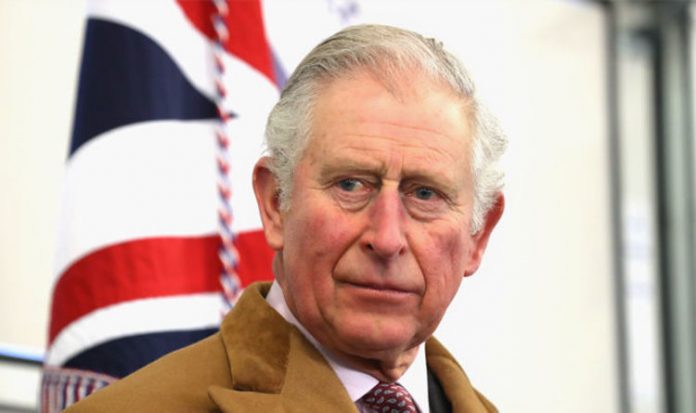[ad_1]
The inquiry is currently hearing evidence about abuse committed by former Bishop of Lewes and Gloucester Peter Ball.
Peter Ball knew the Prince and exchanged letters with him.
Charles’s lawyers used human rights law to block efforts to compel him to send a witness statement in the format used by the inquiry and instead sent a signed letter.
Lead counsel to the investigation into the Anglican church, Fiona Scolding, claimed his lawyers previously argued compelling him to give evidence was outside his powers, saying: “Despite lengthy correspondence, including assertions from the Prince’s solicitors that the Inquiry’s requests for evidence were outside its powers, i.e. ‘ultra vires’, there was never any suggestion at any point that the statement would be provided by letter.”
Ms Scolding claimed there would have been “no doubt” about what the inquiry’s lawyers were asking for.
This is because they sent a template for the document and used the word “statement” five times in one letter asking for the document to be signed.
The inquiry made several attempts to compel the lawyers to provide a witness statement with a formal statement of truth – essentially the same as swearing an oath.
Prince Charles’s law firm, Harbottle and Lewis, also tried to argue asking for a witness statement was “unfair” and was a request for “intensely private and confidential” personal data.
Ms Scolding said after “lengthy and extensive correspondence” an agreement was reached and the inquiry has decided his letter ending with a sentence saying its contents is true as an equivalent witness statement.
Prince Charles will not give evidence in person but will have the statement read out at the hearing on Friday.
Richard Scorer, of law firm Slater and Gordon, who is representing victims and survivors, said in the hearing he was “surprised and concerned” at the decision.
He said: “This will inevitably raise concerns that the letter may be less than entirely frank about his relationship with Peter Ball and that it contains matters to which he is reluctant to attach a formal statement of truth.”
The Prince’s statement is expected to say he was “not aware at the time of the significance or impact of the caution that Peter Ball had accepted”.
Peter Ball was convicted in 2015 of misconduct in public office after admitted abusing 18 teenagers and young men between the 1970s and 1990s.
His abuse was first reported to the church in 1992, but police and CPS decided to give him a caution.
He was stripped of his role of bishop but later allowed to officiate at events including at schools and confirmations.
[ad_2]







